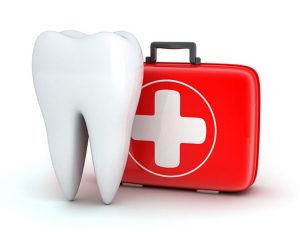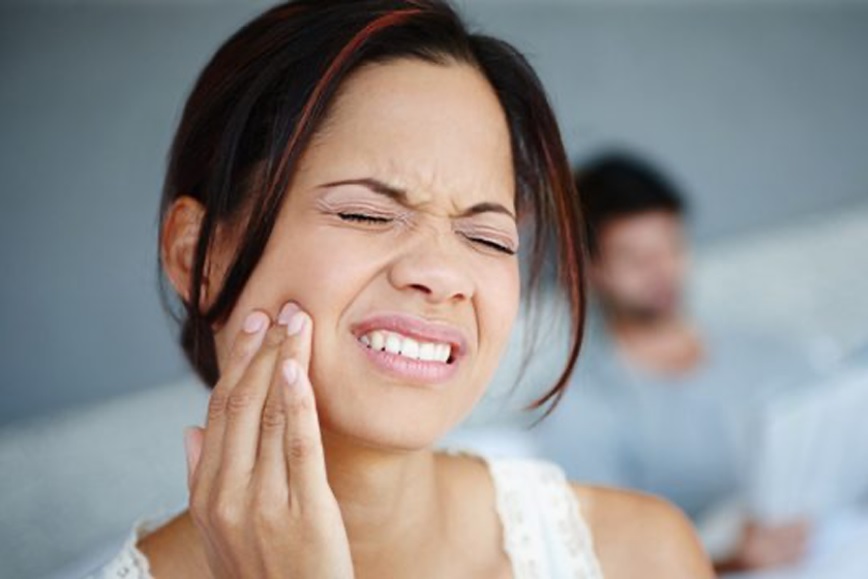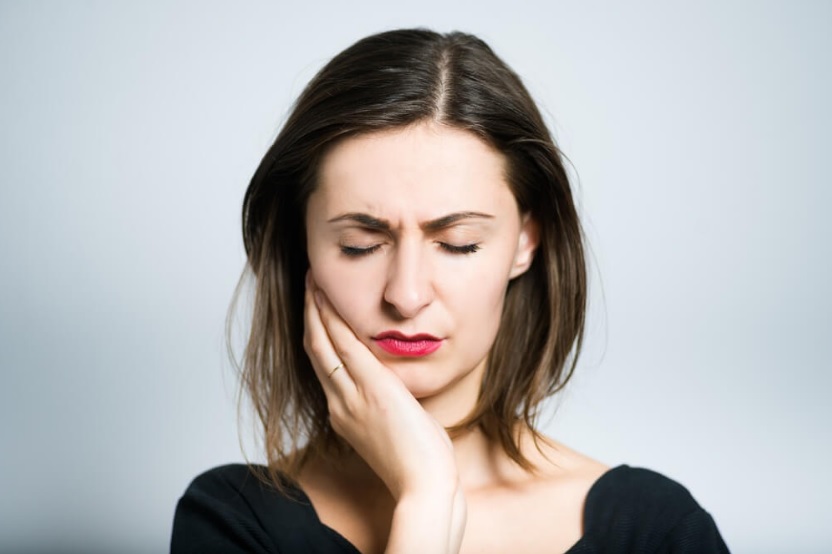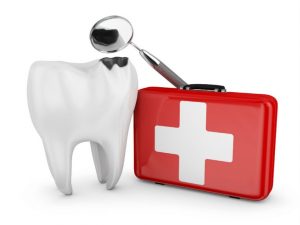Dental Emergency FAQs

To help you with this, we have compiled some dental emergency frequently asked questions in hopes that the next time you experience an emergency dental, you are aware and confident with how to proceed with it.
What is a Dental Emergency?
This is any situation that requires urgent care and dental professional attention. This includes, but are not limited to,:
- Chipped or fractured tooth
- Sudden bleeding of gums
- Knocked-out tooth
- Severe toothache
- Lodged foreign bodies in between teeth
- Blow to the face causing injury to the face, jaws, and teeth
- Swelling of the mouth and face
- Lock-jaw
Who to Call during a Dental Emergency?
Your best bet would be the available emergency dentist contact with you. Depending on the time of day, they will definitely allot time for your urgent visit or assist you with how to go about providing first aid.
If this is unavailable, consider calling your known emergency dentist near me. They have emergency facilities available that can help with the situation.
Should I schedule an appointment for a Dental Emergency?
You can make a call to your emergency dentist Sydney to give them a heads up of the situation. This also allows them to clear a room and prepare and make way for your visit.
If this is not possible, emergency dentists will definitely make time for your visit without making you line up for treatment. This is especially after understanding the urgency of the situation and how an immediate treatment is needed.
What is the best advice during Dental Emergency?
Given the many situations we have handled for dental emergencies, the best advice we can offer is not to panic. Panicking only clouds your judgment and it prevents you from doing what should be done.
A sound mind would help with immediate resolution such as calling an emergency dental care in Sydney and providing first aid measures.



